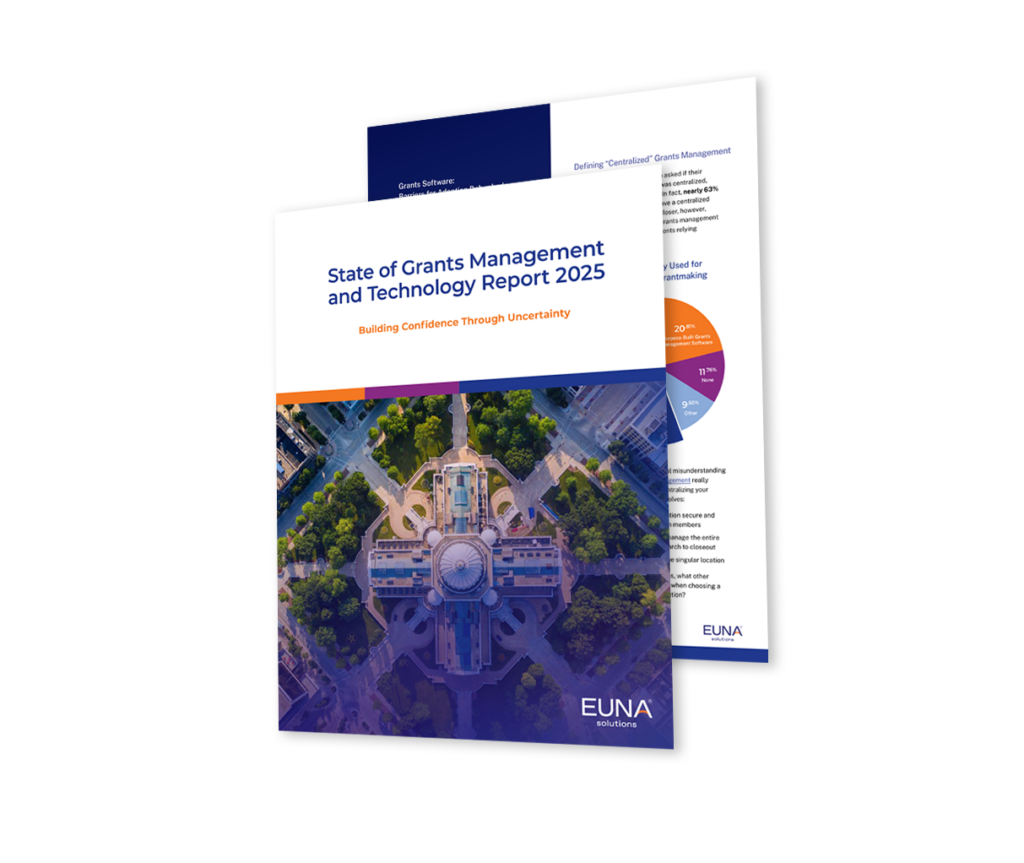What is an ARD?
ARD stands for Admission, Review, and Dismissal. These meetings are a crucial part of the special education process in Texas as they determine eligibility for special education services and develop an Individualized Education Program (IEP) for each student that requires one. The purpose of these meetings is to review the student’s progress, discuss any changes or updates needed in their education plan, and make decisions on placement and services. In this blog post, we will delve into the topic of ARD meetings and provide tips on how to navigate through them successfully.
Are ARDs and IEP Meetings Similar?
While ARD (Admission, Review, and Dismissal) meetings are specific to Texas, they share a significant similarity with IEP (Individualized Education Program) meetings conducted in other states across the country. Both processes serve the same fundamental purpose—to develop, review, and update tailored educational plans for students with special needs. They are designed to ensure compliance with federal laws, like the Individuals with Disabilities Education Act (IDEA), and to involve collaboration among educators, parents, and specialists. These meetings aim to create an equitable educational experience that meets the unique requirements of each student, focusing on measurable goals, accommodations, and necessary supports for success related to the student’s special education program.
Understanding ARD Meetings
ARD stands for Admission, Review, and Dismissal. These meetings are a crucial part of the special education process in Texas as they determine eligibility for special education services and develop an Individualized Education Program (IEP) for each student that requires one. The purpose of these meetings is to review the student’s progress, discuss any changes or updates needed in their education plan, and make decisions on placement and services.
Who Attends ARD Meetings?
The ARD committee is a team of people who are responsible for making educational decisions for the student. This includes parents/guardians, school personnel—such as general education teacher(s), special education teacher(s), and school administrator(s)—diagnosticians/evaluators, therapists (if applicable), and sometimes the student themselves if they are involved in their own educational planning.
Preparing for an ARD Committee Meeting
As a special education director or teacher, it is important to be well-prepared for an ARD meeting. Here are some tips to ensure a successful meeting:
- Review the student’s current IEP and any relevant evaluation reports
- Communicate with all members of the ARD team to gather necessary information and input
- Prepare any required documents such as progress reports or behavior plans
- Create an agenda for the meeting to stay organized and on track
Tips for Successful ARD Meetings
ARD meetings can be overwhelming, but with proper preparation and communication, they can be productive and beneficial for everyone involved. Here are some tips to keep in mind during ARD meetings:
- Start by reviewing the purpose of the meeting and introduce all attendees
- Encourage open dialogue and active participation from all team members
- Use person-first language when discussing the student and their needs
- Consider cultural and linguistic differences when making decisions
- Document all discussions, decisions, and agreements made during the meeting
Relevant Resources for Texas ARD Meetings
To give you a deeper understanding of the ARD process and committee requirements, we’ve linked the following resources, which offer valuable information and guidance:
- Navigating the ARD Process – This resource gives you a lens into a parent’s perspective on the ARD process. It breaks down the process step-by-step and provides tools to effectively advocate for their child’s education. It also includes guidance on preparing for meetings and understanding ARD terminology.
- Admission, Review, and Dismissal (ARD) Committee Requirements – This Texas Education Agency (TEA) resource outlines the specific legal and procedural requirements for ARD committees, including membership, duties, and compliance with federal and state regulations. It serves as an essential reference for ensuring processes meet educational standards.
Comprehensive ARD Management Software—Purpose-Built for Texas
As a special education teacher or director in Texas, ARD meetings are an essential part of your job. They require preparation, communication, and collaboration with all members of the ARD team. By following these tips and utilizing the resources provided by TEA, you can ensure successful ARD meetings that result in positive outcomes for your students—with the ultimate goal being to help students reach their full potential.
Euna Special Education was built from the ground up to comply with the rules, regulations, and best practices as outlined by TEA and other regulatory agencies.
Here’s why districts across Texas prefer to use our software:
- Designed for Texas Compliance: Our software was designed to meet the unique rules, regulations, and best practices as outlined by TEA and other state and federal regulations. Swift and proactive form updates help you ensure compliance.
- A Local Presence in the Community: Our dedication to Texas is displayed by our in-person approach. You will frequently see us as local conferences, events, regional meetings, and more!
- Setting the Standard in Ease of Use: The most common feedback we hear from districts in Texas is how much easier our solution is to use. It simplifies complex processes, streamlines documentation, and enforces compliance.
Ready to learn more? Request a Demo today!

